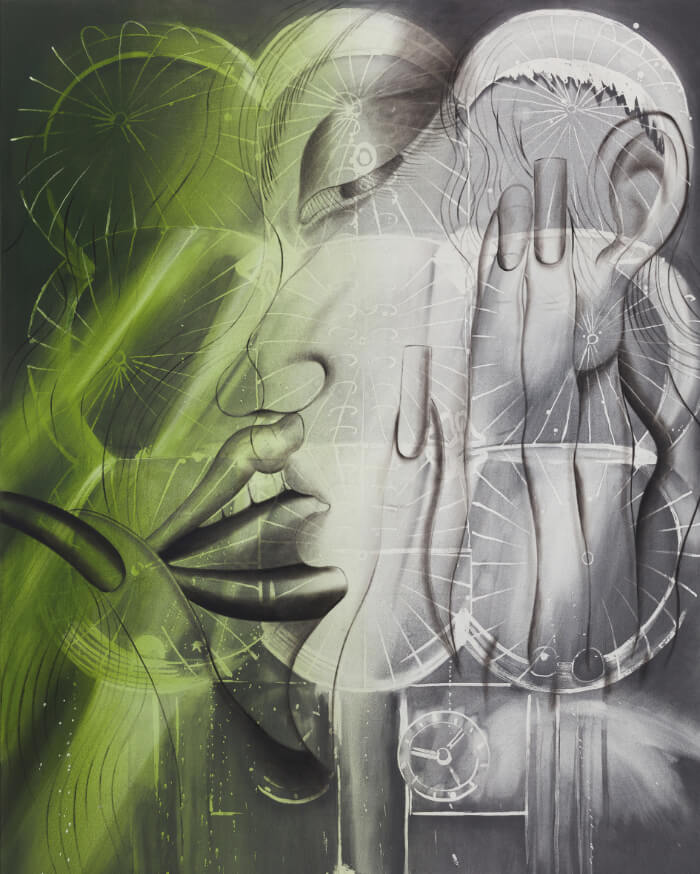
Caccia alle streghe, guerra alle donne
La caccia alle streghe è tornata scatenare nel XXI secolo una nuova ondata di violenza, interpersonale e istituzionale, contro le donne. E anche oggi, come nel Medioevo, questa violenza misogina che demonizza la donna procede di pari passo con l’accumulazione capitalistica, che si sviluppa attraverso processi di espropriazione e distruzione dei rapporti di solidarietà e potere che regolano la vita delle comunità.
Silvia Federici esamina le cause profonde della guerra in atto, fatta non solo di violenza domestica e sessuale, ma anche economica e strutturale, il cui esito è ancora una volta quello di sovvertire i processi di riproduzione sociale per spaccare le comunità e aprire la strada all’individualismo funzionale al progetto neoliberista. Caccia alle streghe, guerra alle donne è un’indagine sulle cause di questa nuova violenza e una chiamata femminista alle armi, che attraverso la memoria e l’analisi del passato offre spunti inediti per le lotte a venire.
Language: Italian







